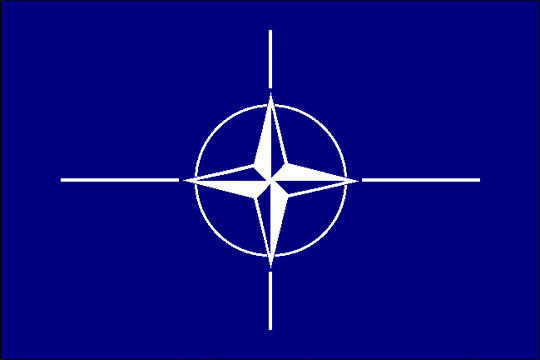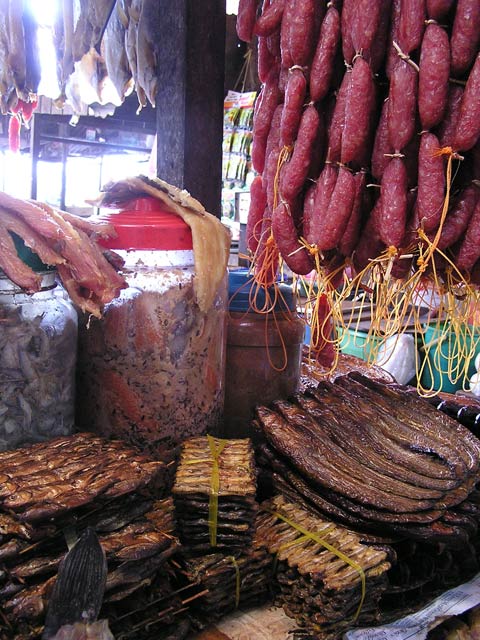Re: The Rise of the Russian Empire: Russo-Armenian Relations
Ara Abramyan: Putin’s premiership is in interests of Russia, and Robert Kocharyan will decide on his own what to do next

Russian President Vladimir Putin is very friendly towards Armenians and Armenia in general, Chair of the World Armenian Congress, Chair of the Russian Union of Armenians Ara Abramyan said at a news conference today. A REGNUM correspondent quotes him as saying that Armenian President Robert Kocharyan is the only president with whom Putin meets so often. Speaking on a possibility of appointing Vladimir Putin as Russia’s prime minister and repeating the scenario in Armenia, the chair of the Russian Union of Armenians noted that Putin’s premiership is in the interests of Russia. “As for Robert Kocharyan, he must make up his own mind where to be,” Ara Abramyan noted adding that the union and the congress have not made up their minds whom to support at the 2008 presidential election in Armenia, because election processes have not started in Armenia and no candidates are announced.
Speaking on relations towards Armenians in Russia in general, Ara Abramyan said that this year the number of ethnic crimes in Russia comparing to last year reduced by 2.5 times. The Russian Union of Armenians having 600 its offices throughout Russia has played its role in it as well. Heads of the offices are in permanent contact with regional, municipal authorities and law enforcement bodies.
Ara Abramyan: Putin’s premiership is in interests of Russia, and Robert Kocharyan will decide on his own what to do next

Russian President Vladimir Putin is very friendly towards Armenians and Armenia in general, Chair of the World Armenian Congress, Chair of the Russian Union of Armenians Ara Abramyan said at a news conference today. A REGNUM correspondent quotes him as saying that Armenian President Robert Kocharyan is the only president with whom Putin meets so often. Speaking on a possibility of appointing Vladimir Putin as Russia’s prime minister and repeating the scenario in Armenia, the chair of the Russian Union of Armenians noted that Putin’s premiership is in the interests of Russia. “As for Robert Kocharyan, he must make up his own mind where to be,” Ara Abramyan noted adding that the union and the congress have not made up their minds whom to support at the 2008 presidential election in Armenia, because election processes have not started in Armenia and no candidates are announced.
Speaking on relations towards Armenians in Russia in general, Ara Abramyan said that this year the number of ethnic crimes in Russia comparing to last year reduced by 2.5 times. The Russian Union of Armenians having 600 its offices throughout Russia has played its role in it as well. Heads of the offices are in permanent contact with regional, municipal authorities and law enforcement bodies.











Comment